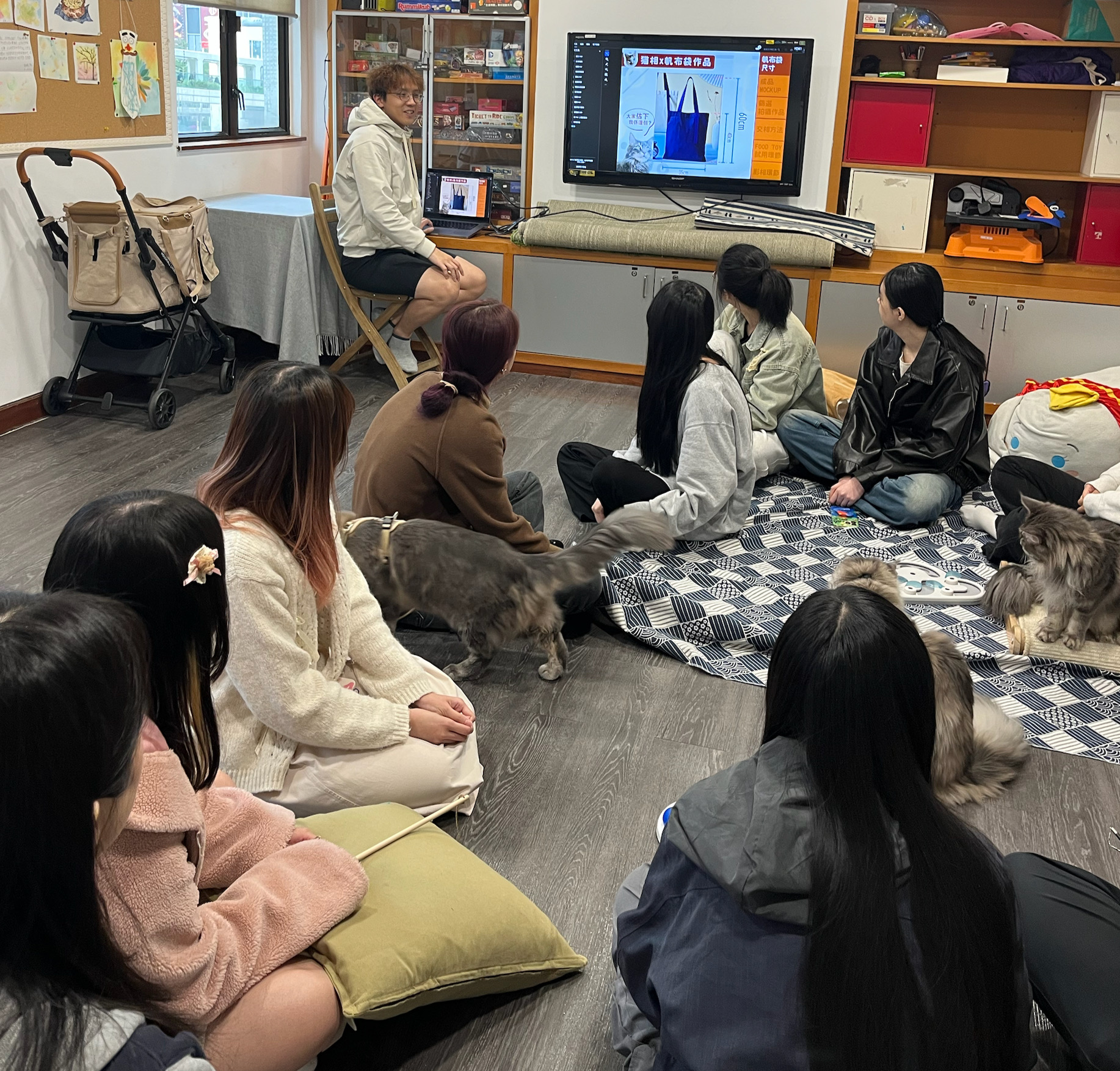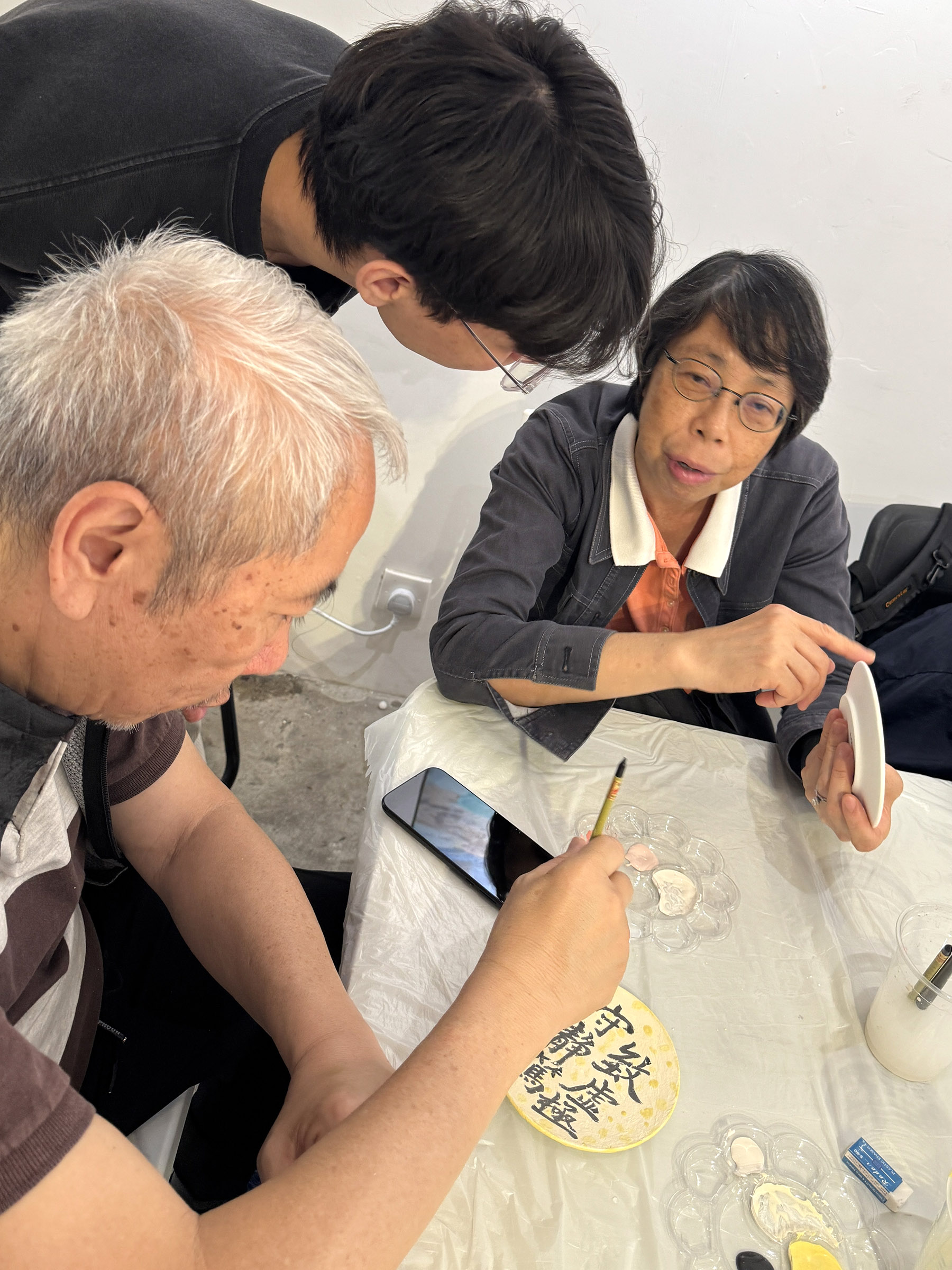The Hong Kong SAR government’s Social Innovation and Entrepreneurship Development Fund steers young people from marginalized communities toward careers with an artistic and/or socially conscious component. Faye Bradley reports.

Hong Kong’s young people are often faced with structural challenges, be it the lack of housing or career opportunities. Those from the city’s marginalized communities, in particular, encounter systemic barriers. However, a handful of grassroots social enterprises and NGOs have come to their aid. A number of vocational training programs with a creative and/or socially conscious component, specifically targeted at marginalized groups, are supported by the Hong Kong Special Administrative Region government’s Social Innovation and Entrepreneurship (SIE) Development Fund, launched in 2013.

Crafting resilience
The opportunities include training in the craft of pottery for young people from low-income families, offered by the SIE-supported Formation: Beyond the Clay program. Program director Adelaide Shum observes that often interested students from underprivileged backgrounds cannot afford such programs. “Ceramics courses are often expensive, and these students simply lack the resources to pursue their passion,” she says.
Beneficiaries of the program include 17-year-old Ka-chai (surname withheld at his request), who was recommended to the organizers by a teacher from his school. He believes that besides learning how to fire up clay, he has also developed the ability to “face failures and keep trying” — an attitude he picked up while trying to prevent the clay from cracking during the firing and failing repeatedly.
The program combines pottery-making classes with voluntary service. Ka-chai got the chance to intern at an elderly-care center. “Teachers and social workers said I was good at communicating with elderly people,” he says. Ka-chai is now considering a career in art therapy or elderly care.

Kitty love
Amy Weng, a 21-year-old student of media studies, also discarded the career option she had in mind after joining the SIE-funded Pet Love You program. “While working as an intern at the Nekos Cube cat cafe, I made friends with like-minded people and bonded with customers over our love for animals,” she says. “It made me feel more connected to the community and gave me the confidence to pursue a career in the pet industry.”
The program is specifically targeted at young people living in subdivided flats. “When a cat is treated with kindness, it teaches us to be kind,” says Nekos Cube founder Tommy Wong, adding, “When young people feel respected, they give back to society.”
The training program helps participants get a sense of animal behavior and wellness. Classes are followed by internships at community centers and cat-sharing spaces. Some of the graduates go on to become pet groomers, behavioral trainers, or they work in animal rescue organizations. For many of them, the program is not only a stepping stone to a career but also about finding companionship and empathy in a fast-paced city like Hong Kong.

Sportsman spirit
First Ippo, a boxing-focused social enterprise, offers training in the combat sport as well as psychological support to students from underprivileged backgrounds. Founder Noctis Chan says, “Boxing transformed my mindset — it taught me self-management skills and positive thinking. I wanted to create a facility that would do the same for others.”
Loki Lo, 21, believes that boxing lessons have made him more resilient, active and sociable. Soon after joining the program, he wasn’t feeling up to the task and was ready to give up. “But it was my coach who helped me change my mindset. That day, I finally felt I belonged in a community.”
Rosalind Lee, 28, was only looking to notch up her fitness level when she started training at First Ippo but found new goals to pursue along the way. “I enjoy the spirit of the fight. That’s why I’m now training to compete at events,” she says.
The program demonstrates how sport can instill values of perseverance, teamwork, and self-belief. It also provides a safe environment for those young people who may otherwise feel disenfranchised or isolated, allowing them to channel energy toward constructive occupations.

Taking the plunge
InternTas, another SIE fund-supported program, offers training in diving skills as well as environmental education to grassroots young people who ostensibly lack motivation. Founder Queena Chan says, “For many of these young people, being labeled as lacking motivation often signifies a failure to meet societal expectations of full-time employment or regular study.” She points out that many of them are “slashers” by choice — preferring multiple part-time roles rather than full-time employment in order to enjoy flexible work schedules and more free time.
Chan Ka-lok, 28, says that before joining InternTas, he had struggled for many years, while working as a freelance sports instructor. The program helped boost his confidence. He is now considering a career in marine conservation or underwater photography.
Fellow InternTas participant Cheng Yan-kiu, also 28, is similarly grateful, now that he has a definite career goal in sight. “My aim is to join a university research program on coral reefs. I also see diving engineering and equipment maintenance as potential career options.”
By linking adventure with employable skills, InternTas helps young people discover new ways to connect with both the natural world and potential professional opportunities.


What the experts say
Dr Margaret Wong Wai-yan, deputy director of Integrative Health Centre at the School of Nursing, Tung Wah College, says vocational training programs for underprivileged young people work better when these are offered as part of a more holistic welfare program. She points out that such people often face complex, sometimes hidden issues, such as homelessness, drug abuse, getting entangled in illegal activities, isolation from the mainstream because of their immigrant status, and mental-health-related problems.
She suggests expanding the scope of public policies for marginalized young people to include health services, integrated education and employment frameworks, including private-sector apprenticeships. Wong believes financial support, in the forms of scholarships and research funding, can be helpful toward building a more equitable society. She says that ideally vocational training programs for underprivileged young people should be part of a sustainable long-term plan involving schools, families, and communities.
Stephen Chiu, chair professor of sociology at the Education University of Hong Kong, stresses the importance of timing: “We need to reach the youth before they disengage from society, preferably while they’re still in school.” He contends that it makes better sense to expose marginalized young people to “career development workshops, self-improvement activities, and counseling services” before they are ready for vocational training programs that involve acquiring hard skills.


Creative lifelines
The benefits of a creative approach to vocational training are evident in Hong Kong, thanks to the various SIE-supported programs. What connects them is the acknowledgment that youth development should ideally do more than teaching young people how to earn a living — that it should foster in them a sense of purpose and belonging. To that end, the programs facilitate access to networks of peers and mentors who encourage participants to carry on despite the odds. And the public benefits as well, having made a long-term investment toward building an inclusive society.
As Weng says, “I hope to help others understand how to care for pets responsibly. Ultimately, I want to help build a more harmonious relationship between humans and animals.”


